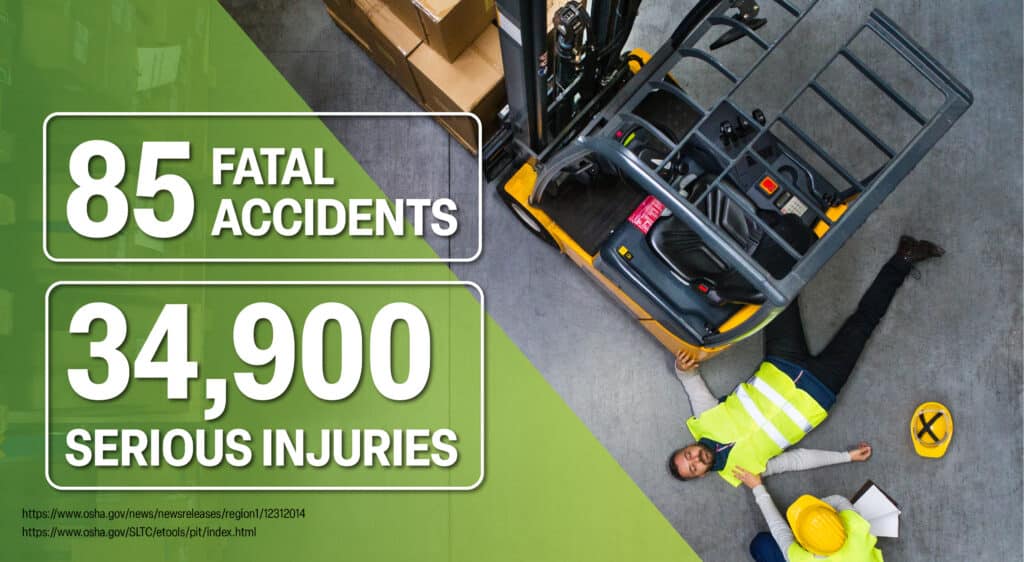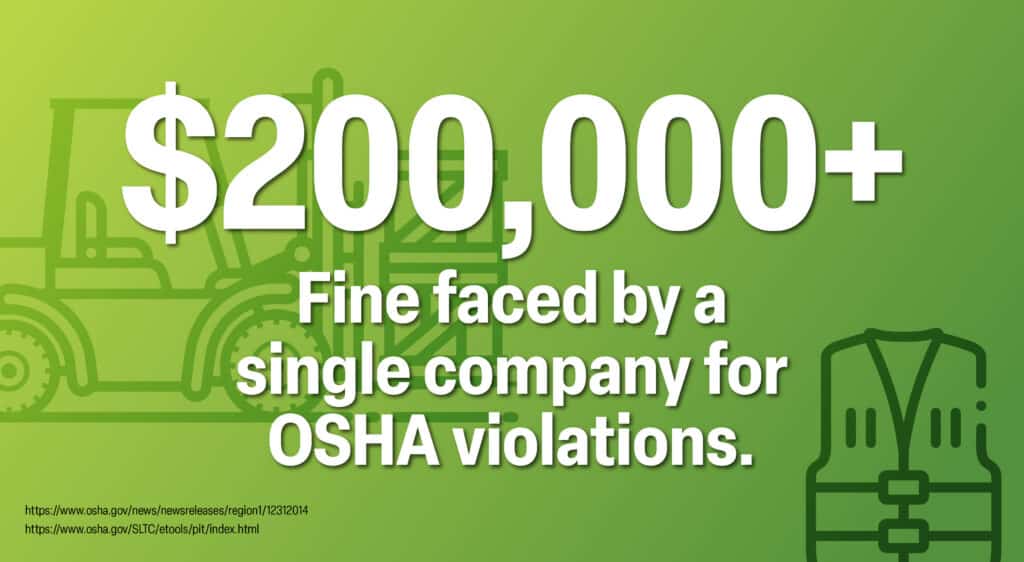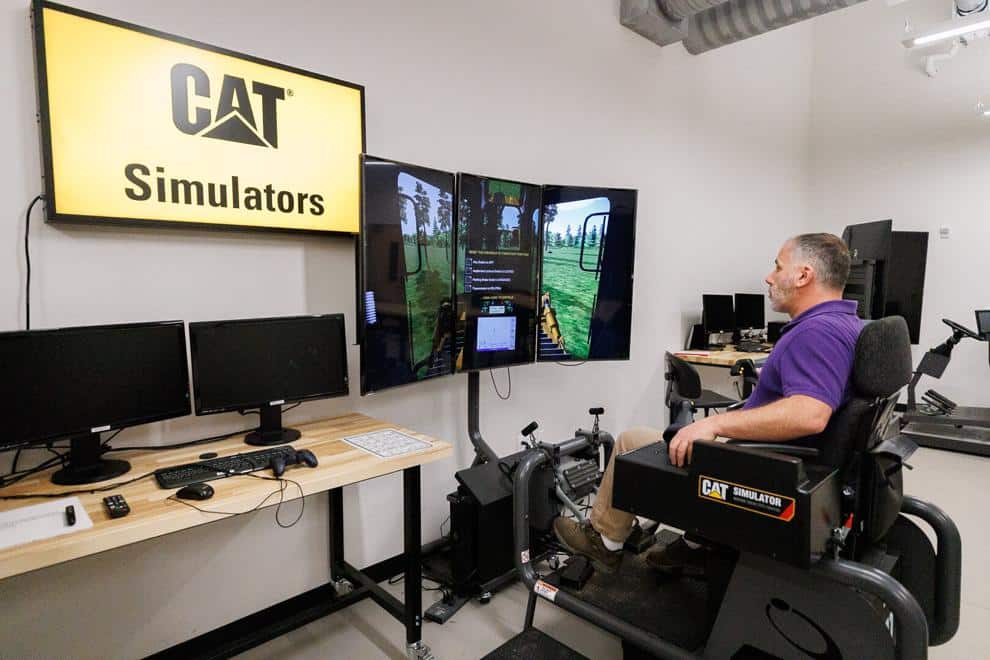In industrial settings, forklifts play a vital role in moving and transporting materials, making them indispensable tools. However, the operation of forklifts carries inherent risks that can result in accidents, injuries and costly damages. In the U.S., forklift operators must be certified, and companies must follow Occupational Safety and Health Association (OSHA) policies or face significant fines. One company faced fines of more than $200,000 for exposing employees to falls, crushing, noise and other hazards. Among the solutions operations can take to reduce safety risks and increase their bottom line is simulator training.
Enhanced Operator Training
Traditional forklift training methods often involve a combination of classroom instruction and hands-on experience. However, this approach may not fully replicate the complexities of real-world scenarios. On the other hand, forklift simulator training creates a highly realistic virtual environment where operators can practice maneuvers, load handling and navigation. This enables operators to develop better decision-making skills, situational awareness and control over the forklift’s movements.
Simulator training provides a risk-free environment where operators can make mistakes without real-world consequences and practice critical thinking and problem-solving. This encourages experimentation with various maneuvers and techniques, which can lead to increased confidence and proficiency. By encountering and learning to mitigate potential hazards in the virtual world, operators are better prepared to handle similar situations on the worksite.

Simulation-based training is not a one-time event; it supports ongoing learning and skill refinement. Operators can revisit training modules and engage in refresher exercises to maintain and enhance their proficiency. Forklift Simulator includes assessment tools that measure operators’ performance and identify areas for improvement, enabling targeted training interventions.
Investing in advanced training methods like forklift simulators can demonstrate an organization’s commitment to employee safety and professional development. This positive approach fosters employee engagement, satisfaction and retention. When operators feel valued and adequately trained, they are more likely to remain dedicated to their roles and contribute to a safer work environment.
Increased Cost Savings
Beyond safety improvements, simulator training offers substantial cost savings for organizations. Accidents involving forklifts can result in property damage, downtime, worker compensation claims and increased insurance premiums. By proactively investing in training employees, companies can significantly mitigate these costs.
Efficient forklift operations are crucial for maintaining smooth workflows within warehouses, distribution centers, and worksites. Simulator training allows operators to practice optimizing their routes, minimizing idle time and making precise movements. This ultimately translates to improved productivity and streamlined material handling processes.

Improved Safety Awareness
Forklift accidents remain a significant concern in industrial settings, highlighting the critical importance of effective operator training. According to OSHA, forklifts are involved in about 85 fatal accidents annually in the United States alone, with an additional 34,900 accidents resulting in serious injuries. These statistics underscore the urgent need to enhance operator training and establish safer work environments.
Teaching situational awareness in the safety of the virtual environment can translate to safety in the workplace. Simulator training provides opportunities to practice dangerous scenarios so learners can gain decision-making skills and a better understanding of the controls. Learners can avoid mishaps by understanding what to do before they are faced with a dangerous scenario.
Integrating Forklift Simulator into operator training programs can translate to cost savings, efficiency and safer workplaces.





